SOHO 2024 Annual Meeting

Thursday, September 5, 2024 | 6:45 AM - 7:45 AM
This symposium is planned and provided by Medical Learning Institute, Inc. This accredited CE activity is an independent satellite symposium in conjunction with the Society of Hematologic Oncology 2024 Annual Meeting and is supported by Pierre Fabre, National Marrow Donor Program (NMDP) and American Society for Transplantation and Cellular Therapy (ASTCT).
Activity Description:
Learn from expert faculty at the annual Society of Hematologic Oncology (SOHO) meeting by attending this live Hematology Dialogues breakfast symposium, “Epstein-Barr Virus-Positive Post-Transplant Lymphoproliferative Disorders: Addressing Unmet Needs with Emerging Therapies.” Participants will learn about the epidemiology and burden of Epstein-Barr virus (EBV) and positive post-transplant lymphoproliferative disorders (PTLD), differentiate between current and emerging prognostic scoring systems for EBV and PTLD to inform treatment decisions, and evaluate the latest clinical evidence of emerging treatment options for EBV and PTLD. Experts will discuss hot topics in the field of EBV and PTLD as well as respond to patient cases and provide commentary relating to how they have responded to complex treatment decisions, thereby ensuring optimal clinical outcomes.
Earn up to 1.0 CME/CE contact hours.
This symposium has past. The on-demand will be live soon.
Symposium Location & Time
SOHO 2024 Annual Meeting
Thursday, September 5, 2024 | 6:45 AM – 7:45 AM
Level 3 – Grand Ballroom A (Theater Room 1)
George R. Brown Convention Center
Houston, TX
Faculty
 Timothy Voorhees, MD, MSCR
Timothy Voorhees, MD, MSCR
Assistant Professor of Internal Medicine – Clinical
Division of Hematology
The Ohio State University Wexner Medical Center
James Comprehensive Cancer Center
Columbus, OH, USA

Kris M. Mahadeo, MD, MPH
Division Chief, Pediatric Transplant & Cellular Therapy
Duke Cancer Institute
Duke University School of Medicine
Durham, NC, USA
Agenda
- Understanding EBV+ PTLD
- Epidemiology
- Burden
- Diagnosis
- Experts React: Causes of the Increasing Incidence of EBV+ PTLD
- Prognostic Challenges
- Disease Specific Features
- Patient Specific Features
- Risk Factors for Poor Prognosis in SOT recipients
- Risk Factors for Poor Prognosis in allo-HCT recipients
- Current scoring systems and their limitations
- Experts React: Estimating Survival Risk for Patients
- Game-Changing Emerging Agents for EBV+ PTLD
- Overall Treatment Concerns
- Chemotherapy
- Emerging EBV-Targeted Therapies: Key Clinical data
- Guidelines
- Experts React: The Promise of New Options for EBV+ PTLD
- Q&A with Expert Faculty
This activity is intended for hematologists, hematology-oncologists, pediatric hematologists, pediatricians, internists, and nurse practitioners (NPs), PAs, and nurses who provide care to individuals with EBV+ PTLD.
After completing this activity, the participant should be better able to:
- Summarize the epidemiology and burden of EBV+ PTLD
- Differentiate among current and emerging prognostic scoring systems for EBV+ PTLD in order to inform treatment decisions
- Evaluate the latest clinical evidence of emerging treatment options for EBV+ PTLD, based on safety, efficacy, mechanism of action, treatment- and disease-specific factors to determine optimal treatment strategies for patients with EBV+ PTLD
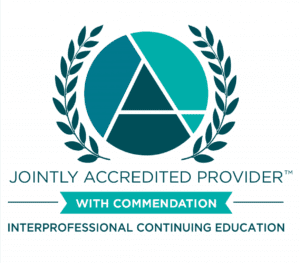 In support of improving patient care, Medical Learning Institute, Inc. is jointly accredited by the Accreditation Council for Continuing Medical Education (ACCME), the Accreditation Council for Pharmacy Education (ACPE), and the American Nurses Credentialing Center (ANCC), to provide continuing education for the healthcare team
In support of improving patient care, Medical Learning Institute, Inc. is jointly accredited by the Accreditation Council for Continuing Medical Education (ACCME), the Accreditation Council for Pharmacy Education (ACPE), and the American Nurses Credentialing Center (ANCC), to provide continuing education for the healthcare team
This activity is provided by MLI
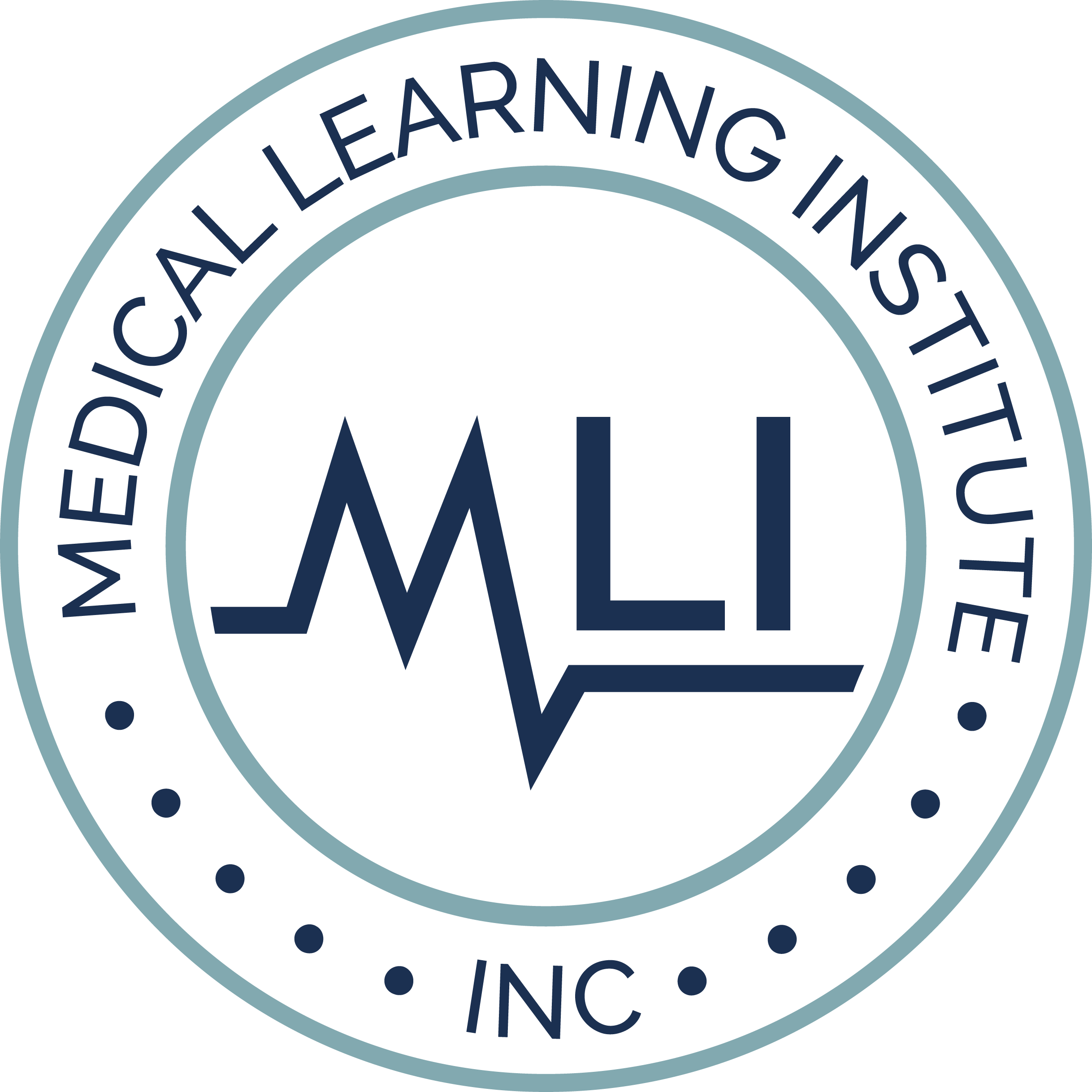
Physician Continuing Medical Education
Medical Learning Institute, Inc. (MLI) designates this live activity for a maximum of 1.0 AMA PRA Category 1 Credit™. Physicians should claim only the credit commensurate with the extent of their participation in the activity.
MOC Statement
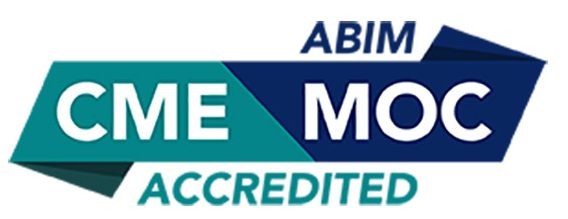 Successful completion of this CME activity, which includes participation in the evaluation component, enables the participant to earn up to 1.0 MOC point in the American Board of Internal Medicine’s (ABIM) Maintenance of Certification (MOC) program. It is the CME activity provider’s responsibility to submit participant completion information to ACCME for the purpose of granting ABIM MOC credit.
Successful completion of this CME activity, which includes participation in the evaluation component, enables the participant to earn up to 1.0 MOC point in the American Board of Internal Medicine’s (ABIM) Maintenance of Certification (MOC) program. It is the CME activity provider’s responsibility to submit participant completion information to ACCME for the purpose of granting ABIM MOC credit.
Participation information will be shared through the ACCME’s Program and Activity Reporting System (PARS).
Physician Associate
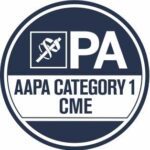 Medical Learning Institute, Inc. has been authorized by the American Academy of PAs (AAPA) to award AAPA Category 1 CME credit for activities planned in accordance with AAPA CME Criteria. This activity is designated for 1.0 AAPA Category 1 CME credit. PAs should only claim credit commensurate with the extent of their participation.
Medical Learning Institute, Inc. has been authorized by the American Academy of PAs (AAPA) to award AAPA Category 1 CME credit for activities planned in accordance with AAPA CME Criteria. This activity is designated for 1.0 AAPA Category 1 CME credit. PAs should only claim credit commensurate with the extent of their participation.
Nursing Continuing Professional Development
Successful completion of this nursing continuing professional development activity will be awarded 1.0 contact hour and 1.00 contact hour in the area of pharmacology.
ILNA
This program content has been submitted to the Oncology Nursing Certification Corporation (ONCC) for review. Final ILNA points and coding information will be provided to learners prior to the live activity.
EBAH
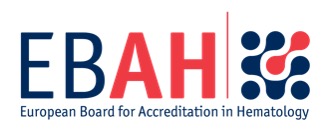 Medical Learning Institute, Inc. is an accredited CME-CPD provider by the European Board for Accreditation in Hematology (EBAH).
Medical Learning Institute, Inc. is an accredited CME-CPD provider by the European Board for Accreditation in Hematology (EBAH).
This educational activity has been submitted to EBAH for review. Final EBAH CME-CPD credits information will be provided to learners prior to the live activity.
Interprofessional Continuing Education (IPCE) Statement
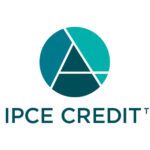 This activity was planned by and for the healthcare team, and learners will receive 1.0 Interprofessional Continuing Education (IPCE) credit for learning and change.
This activity was planned by and for the healthcare team, and learners will receive 1.0 Interprofessional Continuing Education (IPCE) credit for learning and change.
All disclosures will be provided to learners prior to the live presentation on Thursday, September 5, 2024
Support Statement
This activity is supported by an educational grant from Pierre Fabre. In-Kind support provided by National Marrow Donor Program (NMDP) and American Society for Transplantation and Cellular Therapy (ASTCT).
